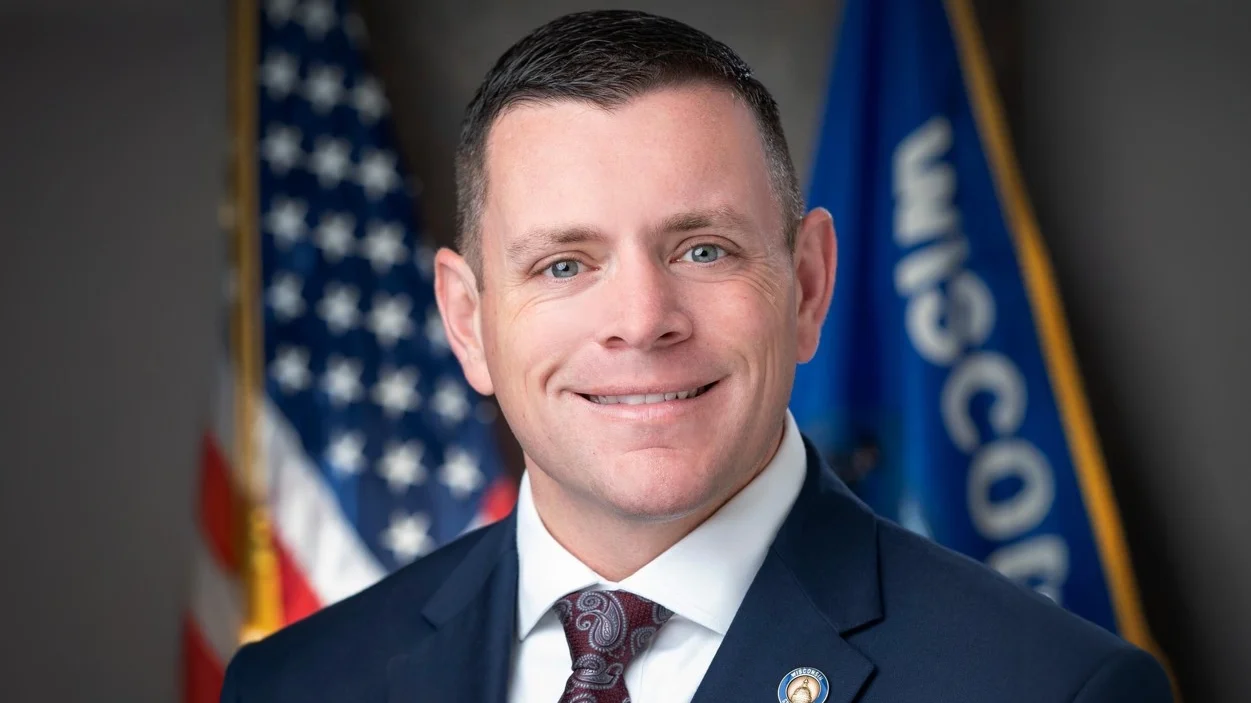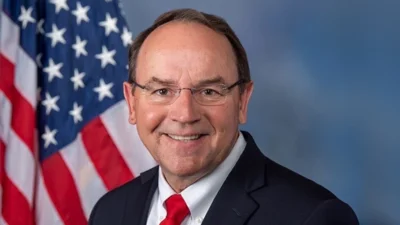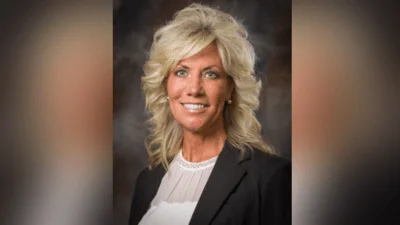Patrick Testin, Wisconsin State Senator for 24th District | Official Linkedin
Patrick Testin, Wisconsin State Senator for 24th District | Official Linkedin
According to the Wisconsin State Legislature's official website, the bill was described as follows: "the prescription drug monitoring program. (FE)".
The following is our breakdown, based on the actual bill text, and may include interpretation to clarify its provisions.
In essence, this bill amends existing statutes related to the Wisconsin prescription drug monitoring program (PDMP). It extends the requirement that a patient's records be reviewed before a practitioner issues a prescription order from expiring on April 1, 2025, to April 1, 2030. Additionally, it prolongs the necessity for the Controlled Substances Board to conduct quarterly evaluations of the PDMP's outcomes against projections until October 30, 2030; this was initially set to cease on October 30, 2025. These changes aim to continue oversight and assessment of prescription practices to control substance monitoring effectively.
The bill was co-authored by Representative Barbara Dittrich (Republican-99th District). It was sponsored by Representative Supreme Moore Omokunde (Democrat-17th District), Representative Shelia Stubbs (Democrat-78th District), and Representative Lisa Subeck (Democrat-79th District).
Patrick Testin has authored or co-authored another eight bills since the beginning of the 2025 session, with none of them being enacted.
Testin graduated from the University of Wisconsin at Stevens Point in 2011 with a BS.
Testin, a Republican, was elected to the Wisconsin State Senate in 2017 to represent the state's 24th Senate district, replacing previous state senator Howard Marklein.
In Wisconsin, the legislative process starts when a senator, constituent, group, or agency proposes an idea for a bill. After drafting, the bill is introduced, numbered, and referred to a committee for review and public input. If approved, it moves through three readings and votes in both the Senate and Assembly. Once both chambers pass the same version, the bill goes to the governor, who can sign it, veto it, or let it become law without a signature. Only a small share of bills introduced each session ultimately become law. You can learn more about the Wisconsin legislative process here.
| Bill Number | Date Introduced | Short Description |
|---|---|---|
| SB68 | 02/24/2025 | The prescription drug monitoring program. (FE) |
| SB24 | 02/05/2025 | Limitations on the total value of taxable property that may be included in, and the lifespan of, a tax incremental financing district created in the city of Middleton. (FE) |





 Alerts Sign-up
Alerts Sign-up